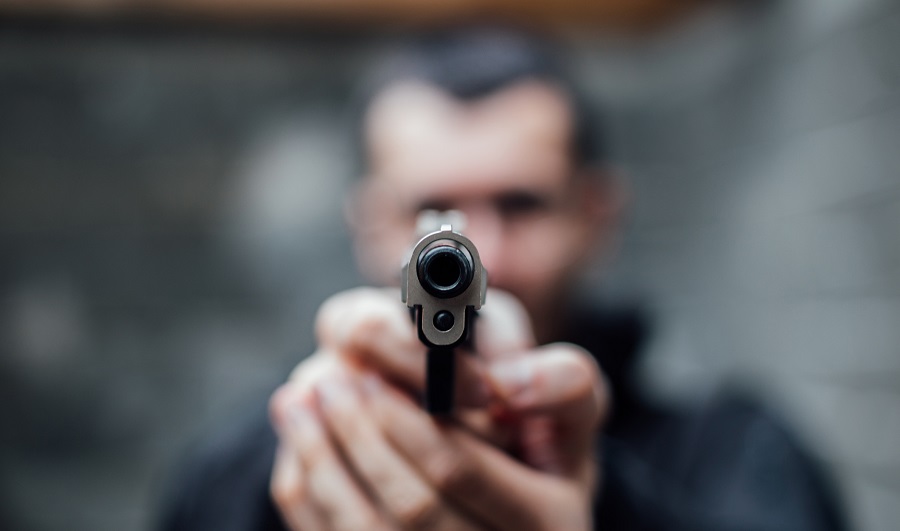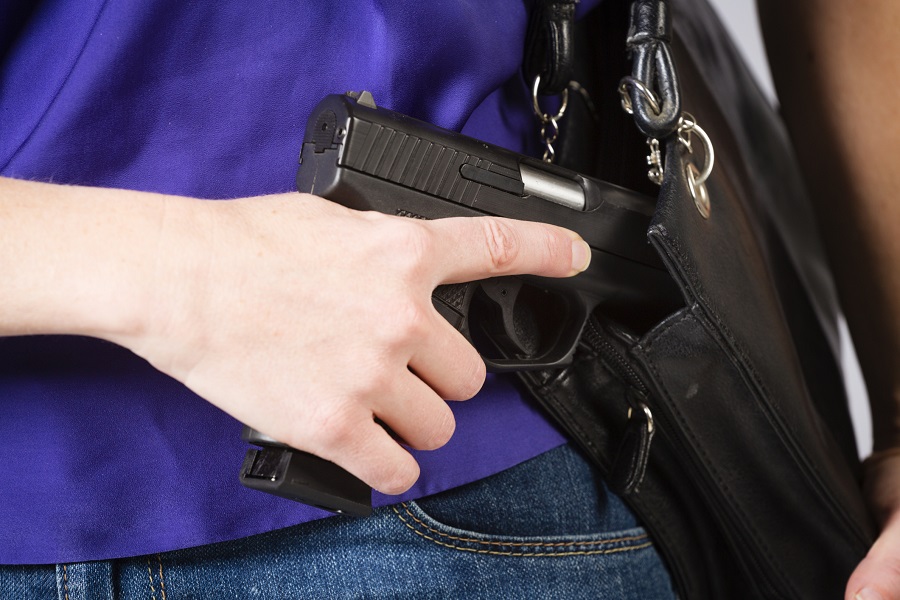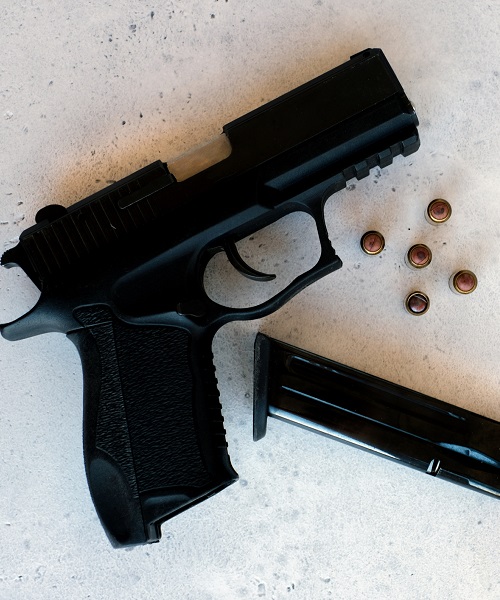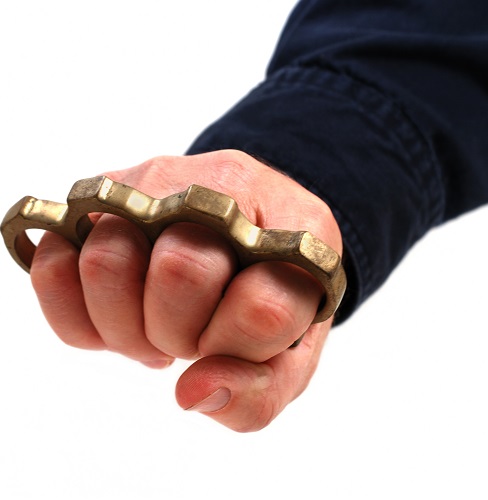Firearm and Weapons Offences
If you have been arrested or accused of a crime involving a weapon or firearm, it is crucial to obtain experienced legal counsel to protect your rights. Kaley Hepburn specializes in criminal laws related to weapon use and possession and stays up to date on this ever-changing area of the law. At Hepburn Law, we use our knowledge to defend clients facing weapon and gun crime charges. Our expertise covers a wide range of weapon cases, including:
- Possession of a firearm
- Unlawful discharge of a firearm
- Carrying an illegal and loaded firearm inside a vehicle
- Unlawful sale of a firearm
- Possession or sale of other illegal weapons such as switchblade knives, brass knuckles, and martial arts weapons

What is Considered a Weapon in Canada?
According to section 2 of the Criminal Code, a weapon is defined as something used, designed to be used, or intended for use:
a) In causing death or injury to a person, or
b) For the purpose of threatening or intimidating a person
This definition includes firearms, but it is necessary to assess the design or intended use of an object to determine if it qualifies as a weapon. For example, a chair may not typically be considered a weapon, but it could be considered one if used to injure someone.
Prohibited or Restricted Firearms and Weapons
The Criminal Code distinguishes between firearms and weapons and addresses the following categories:
1. Prohibited Firearms: Includes handguns with specific barrel lengths and those listed as prohibited in the regulations.
2. Restricted Firearms: Includes non-prohibited handguns, certain guns with specified barrel lengths, and those listed as restricted in the regulations.
3. Prohibited Weapons: Includes switchblade knives and other weapons specifically prescribed as prohibited.
4. Restricted Weapons: Includes non-firearm weapons prescribed as such.
It is illegal in Canada to possess a dangerous weapon for any purpose that may disrupt public peace.

Penalties for Weapons Offences
Penalties for weapons offences vary depending on the circumstances and can be severe. Some offences, particularly firearm offences, carry minimum terms of imprisonment. A conviction for these crimes can have a significant impact on your future.
There are effective defences to firearm and weapons offences, so it is crucial to hire an experienced criminal lawyer. Remember, being charged does not automatically mean you will be convicted. If you are facing firearm or weapons charges, contact Kaley Hepburn today for a consultation.
Types of Weapons Offences
Dangerous Weapons
The possession of a weapon for a purpose dangerous to the public's peace is illegal. This term encompasses purposes that disrupt the "normal state of society" or disturb "the general peace and order or the realm as provided for by law."
Use Offences
Any use of a weapon, even if legally possessed and carried, may result in criminal charges, such as pointing a firearm or careless use of a firearm.
Concealed Carry
Carrying a concealed weapon without authorization under the Firearms Act is illegal.
Possession Offences
Possessing an illegal weapon or device, including a loaded prohibited firearm or concealed knife, can result in criminal charges.
 Common Defences to Firearm Offences
Common Defences to Firearm Offences
Many gun and weapons charges arise from police interactions in high crime areas, traffic stops, or search warrants during criminal investigations. In some cases, it may be possible to challenge the legality of a search warrant, police stop, detention, or questioning, which could lead to the exclusion of firearm-related evidence at trial.
Defence counsel can argue for the exclusion of evidence under Section 24(2) of the Canadian Charter of Rights and Freedoms if there has been a breach of the accused's Charter rights. Some relevant Charter rights include the right to life, liberty, and security of the person (Section 7), the right to be secure against unreasonable search or seizure (Section 8), and the right to counsel without delay (Section 10(b)).
Additionally, there are common defences to firearm offences that may result in a reduced sentence or an acquittal, such as intoxication, self-defence, unpremeditated use, or illegal search.
Penalties for Weapon Possession
Penalties for weapon possession depend on the judge's discretion and the circumstances of the case. Possessing a weapon dangerous to the public's peace may result in a maximum of 6 months in jail if the Crown proceeds by summary conviction or up to 10 years if the Crown proceeds by indictment.
Carrying or using a weapon can be a criminal offence or increase the seriousness of other charges. Firearm charges often lead to jail time, with a minimum three-year sentence for possessing a firearm and increased sentences for crimes like robbery or murder involving a firearm.
Mandatory minimum jail sentences are common for gun charges. It is more challenging to obtain bail when a firearm or weapon is involved. Engaging an effective lawyer can negotiate on your behalf and prevent unnecessary pretrial detention.



